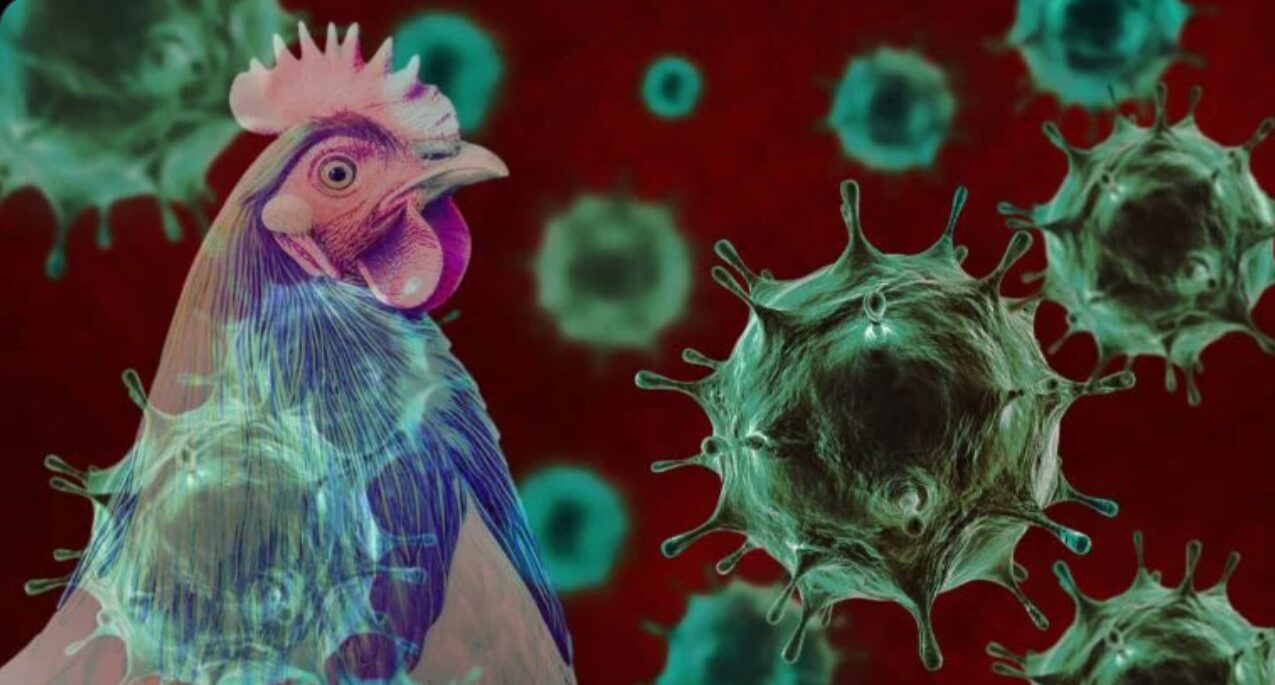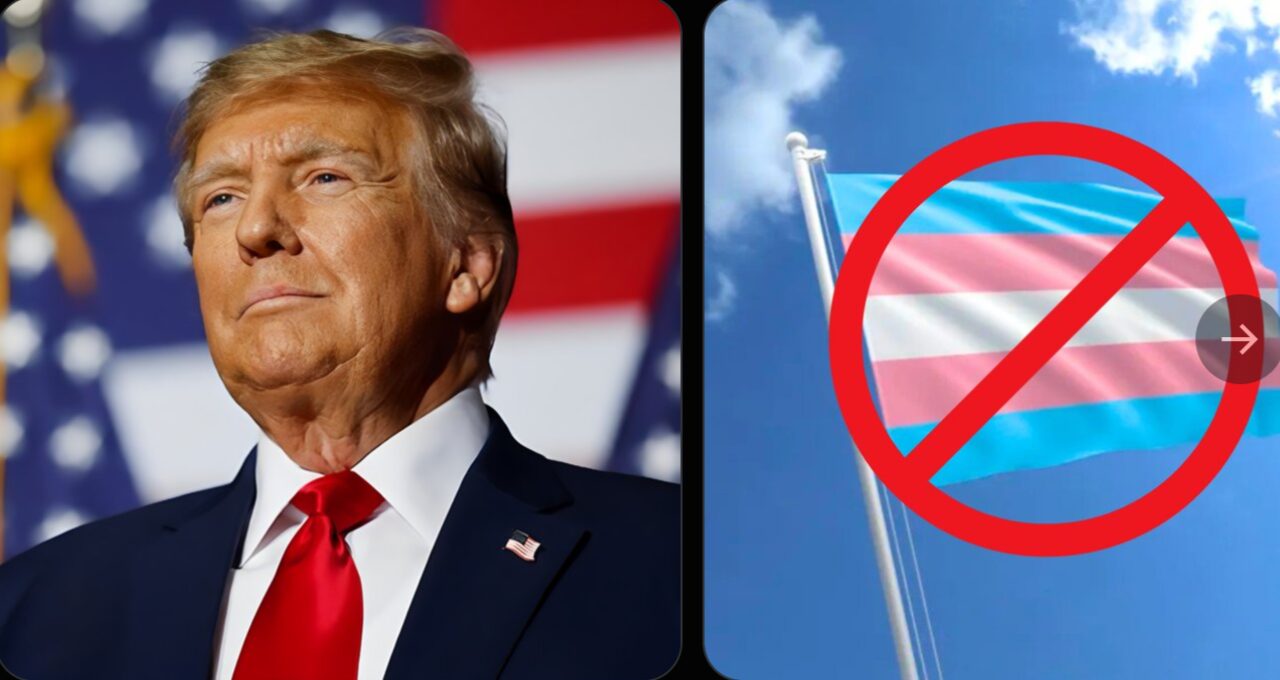US Government grants Moderna $590 million to develop a bird flu vaccine
In a major boost to public health efforts, the U.S. government has awarded Moderna, the biotechnology company behind one of the leading COVID-19 vaccines, a $590 million grant to develop a vaccine for bird flu. The decision comes amid increasing concerns about the potential for avian influenza (H5N1) to evolve into a more dangerous form that could lead to a global pandemic. With the grant, Moderna will be tasked with developing a vaccine that could protect both humans and animals from this deadly virus. This new initiative highlights the U.S. government’s proactive approach to safeguarding against future pandemics and further underscores the importance of mRNA technology in combating infectious diseases.
Why the US Government is Focusing on Bird Flu
Bird flu, also known as avian influenza, is a viral infection that primarily affects birds but can occasionally infect humans. Though human-to-human transmission has been rare, certain strains of the virus, like H5N1, have led to severe illness and death in those who were exposed. The most concerning aspect of bird flu is the possibility that the virus could mutate into a strain that spreads more easily between humans, potentially leading to a global health crisis.
In recent years, there has been a marked increase in cases of bird flu among both wild and domesticated birds, raising alarms about the virus’s potential to evolve. As part of the U.S. government’s efforts to prevent another pandemic, health officials are prioritizing the development of vaccines for emerging infectious diseases, and bird flu has become a focal point. The $590 million grant to Moderna is part of a broader strategy to ensure that the U.S. is better prepared for any future health threats that may arise from novel viruses.
Moderna’s Role in Vaccine Development
Moderna has gained significant attention for its role in developing one of the most widely used COVID-19 vaccines, which utilized groundbreaking mRNA technology. The vaccine was developed in record time, demonstrating the potential of mRNA platforms to rapidly respond to new pathogens. Now, Moderna is set to apply its expertise in mRNA technology to create a vaccine for bird flu.
The beauty of mRNA vaccines lies in their flexibility and speed. Unlike traditional vaccines, which are made using inactivated or weakened virus strains, mRNA vaccines use messenger RNA to instruct cells to produce a protein that triggers an immune response. This allows for quicker vaccine development and, in theory, faster adaptation to evolving strains of viruses. With Moderna’s success in combating COVID-19, the company is well-positioned to take on the challenge of creating a bird flu vaccine.
The Potential Impact of a Bird Flu Vaccine
A successful bird flu vaccine would be a significant achievement in global public health. While bird flu has not yet resulted in widespread human-to-human transmission, experts agree that the virus poses a serious threat, especially if it mutates into a more transmissible form. A vaccine could help prevent the virus from spreading further and protect vulnerable populations from severe illness.
Additionally, a bird flu vaccine could be used in agricultural settings to protect poultry populations. Avian influenza has devastated bird farming industries in several countries, resulting in the culling of millions of infected birds. This has economic and food security implications, as the poultry industry is a major source of food for people worldwide. A vaccine could help prevent these outbreaks and reduce the economic impact of future avian flu pandemics.
What’s Next for the Vaccine Development Process?
The $590 million grant is part of the Biomedical Advanced Research and Development Authority (BARDA) program, which is tasked with funding the development of medical countermeasures to potential public health threats. The funding will support Moderna’s research into creating a vaccine that targets the H5N1 strain of the bird flu virus. Initial studies and preclinical trials will focus on determining the best approach to developing a vaccine that is both effective and safe for human use.
While the exact timeline for the development and distribution of the bird flu vaccine remains uncertain, Moderna has a proven track record of delivering vaccines in a short time frame. The company has already begun early-stage research and anticipates that clinical trials for the bird flu vaccine could begin within the next year. If successful, the vaccine could be ready for use in a relatively short period, providing a critical tool in the fight against avian influenza.
Global Implications of Bird Flu Vaccine Development
The development of a bird flu vaccine by Moderna has significant implications not just for the U.S. but for global health security as a whole. In today’s interconnected world, infectious diseases can spread rapidly across borders, making it essential for countries to work together to prevent pandemics. Moderna’s bird flu vaccine, once developed, could be distributed internationally, especially to regions where bird flu outbreaks are more common.
Moreover, the success of this project could pave the way for future vaccines against other emerging infectious diseases. The mRNA technology used in Moderna’s COVID-19 vaccine has already proven its effectiveness in combating a range of viral infections, and it holds promise for other potential health threats, including bird flu. With global health challenges becoming increasingly complex, the ability to quickly develop vaccines using mRNA technology could revolutionize how the world responds to infectious diseases.
The Broader Focus on Pandemic Preparedness
The Moderna bird flu vaccine project is part of the U.S. government’s broader focus on pandemic preparedness. In the wake of the COVID-19 pandemic, governments around the world have recognized the need to invest in research and development to prevent future global health crises. The funding of Moderna’s bird flu vaccine is a direct response to the lessons learned from the pandemic and the realization that emerging diseases can have devastating consequences if not managed properly.
In addition to vaccine development, efforts are underway to enhance surveillance systems, improve rapid diagnostic tools, and strengthen international cooperation in health emergencies. These initiatives aim to ensure that the world is better prepared to respond to future pandemics and to mitigate the public health, social, and economic impacts of infectious diseases.
In Conclusion
The U.S. government’s decision to grant Moderna $590 million for the development of a bird flu vaccine represents a crucial step in ensuring that the world is prepared for the next potential pandemic. With the increasing threat of avian influenza and the ability of viruses to mutate rapidly, a successful vaccine could be key in preventing a global outbreak. Moderna’s expertise in mRNA technology gives hope that the development of this vaccine will be both timely and effective. As the world continues to face evolving health threats, investments in vaccine research and development are more important than ever. The success of Moderna’s bird flu vaccine could not only protect against this deadly virus but also pave the way for future innovations in the fight against infectious diseases.















Post Comment